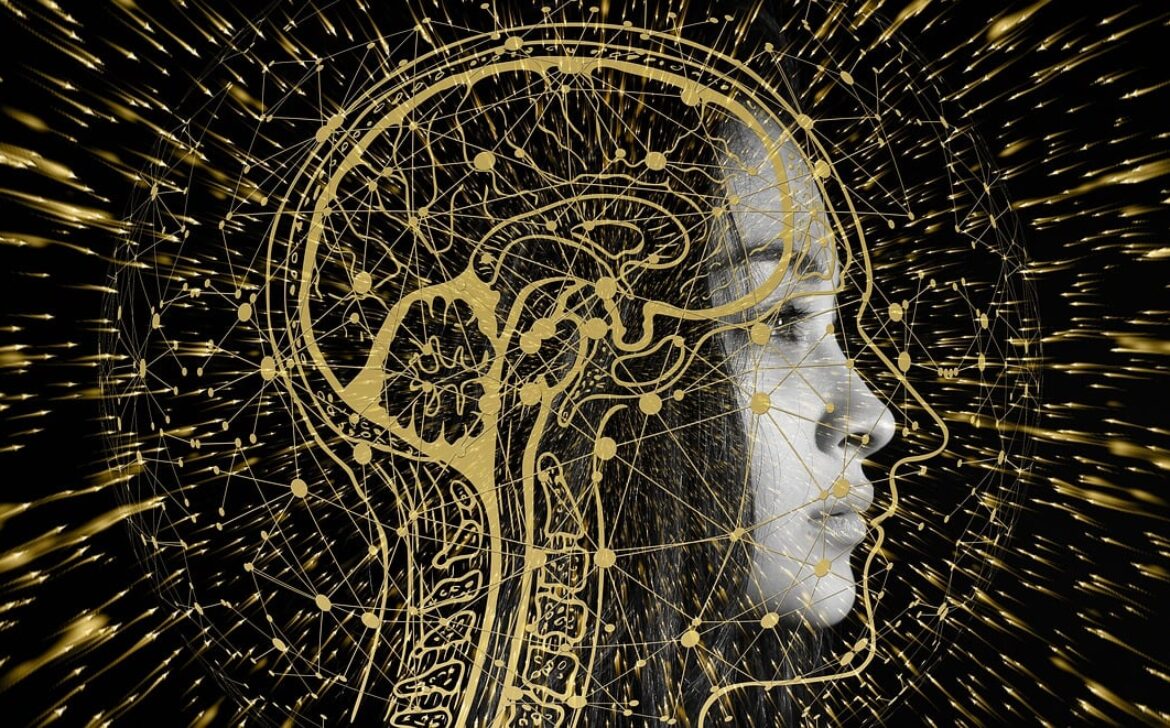Quantum Algorithms and Applications: Pioneering the Future of Computing

In the landscape of computing, the emergence of Quantum Algorithms marks a pivotal moment. With the power to harness the principles of quantum mechanics, these algorithms have the potential to outperform classical algorithms in certain tasks, presenting revolutionary possibilities across various domains. Let’s delve into the remarkable capabilities and potential applications of Quantum Algorithms.
Shor’s Algorithm: Decrypting the Future
One of the most celebrated Quantum Algorithms is Shor’s algorithm. This breakthrough algorithm has the potential to crack cryptographic codes that are currently considered secure by classical computers. By leveraging the phenomenon of quantum entanglement, Shor’s algorithm could render existing encryption methods vulnerable, prompting the need for quantum-safe cryptography.
Grover’s Algorithm: Accelerating Search
Grover’s algorithm offers a speedup for search processes that has profound implications for data retrieval and optimization. While classical computers require a linear search time, Grover’s algorithm can search an unsorted database quadratically faster. This acceleration in search efficiency could impact fields such as database management and optimization problem-solving.
Quantum Simulations: Unlocking Insights
Quantum simulations are another area where Quantum Algorithms shine. These simulations leverage the inherent properties of quantum systems to model and analyze complex physical phenomena that are difficult to simulate on classical computers. Quantum simulations have the potential to revolutionize fields such as material science, drug discovery, and the understanding of quantum interactions.


Quantum Machine Learning: Enhancing AI
Quantum Algorithms are also poised to enhance machine learning processes. Quantum machine learning algorithms can exploit quantum parallelism to speed up tasks like training neural networks and solving optimization problems. These advancements could lead to more efficient AI models and accelerate the development of quantum-enhanced AI applications.
Challenges and Opportunities
While Quantum Algorithms hold immense promise, they also face challenges. Quantum systems are sensitive to noise and errors due to environmental factors and decoherence. Overcoming these challenges requires innovative error correction techniques, advancements in quantum hardware, and the refinement of quantum algorithms.
The Quantum Future
The potential applications of Quantum Algorithms span multiple industries. Finance, cryptography, optimization, material science, and artificial intelligence are just a few areas where Quantum Algorithms are making their mark. As quantum hardware and algorithms continue to advance, the practical implementation of these algorithms could lead to transformative breakthroughs.

